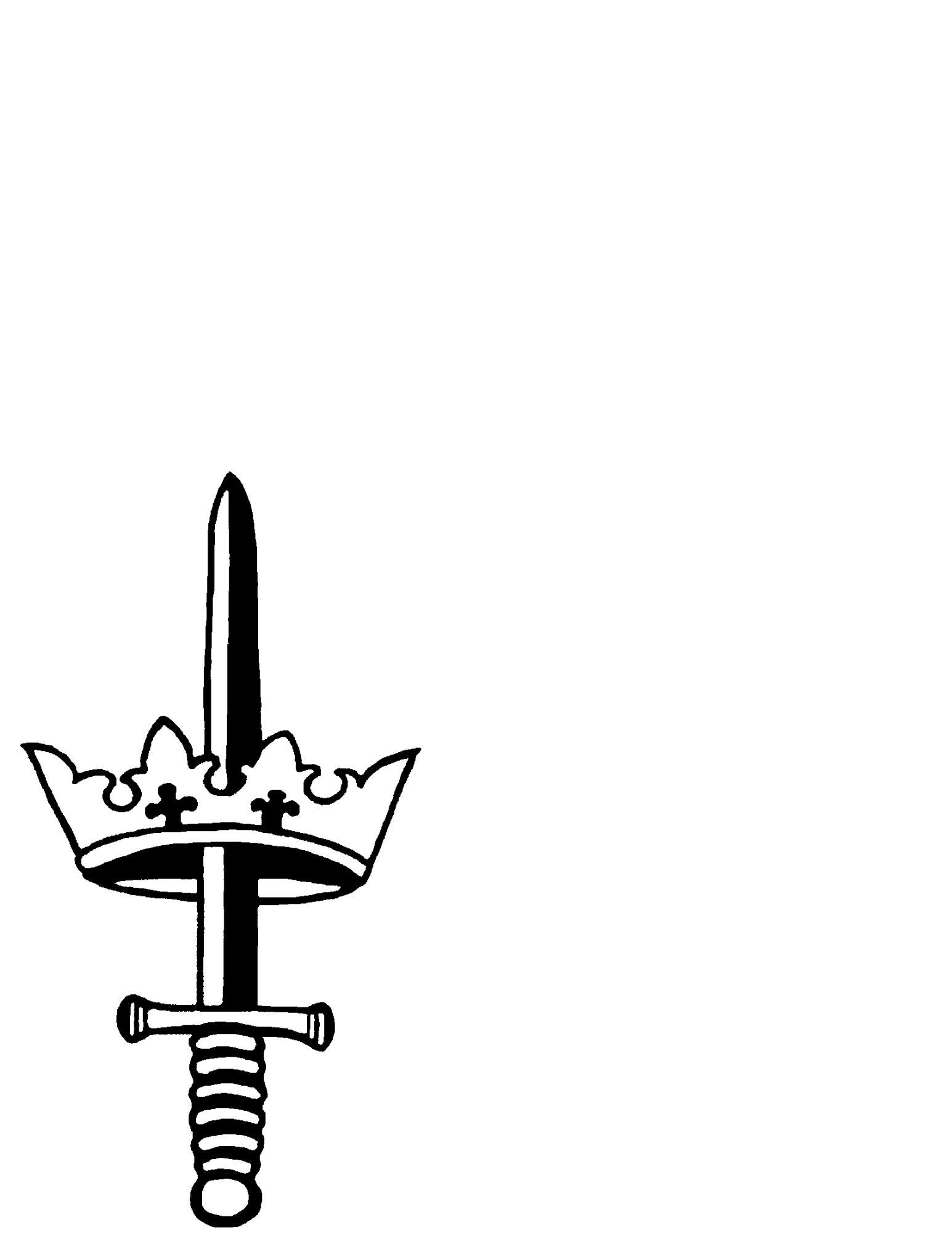Science
“The scientist is not a person who gives the right answers, but those who ask the right questions.” - Claude Levi-Strauss

Intent
All Saints’ CE Primary School intends to provide a high-quality science education, which provides children with the foundations they need to recognise the importance of science in daily life. We give the teaching and learning of science high prominence. Our bespoke curriculum is designed to enable children to develop enquiry skills, collaborating through a range of research, investigation and evaluation of their findings. Teachers will ensure that all children are exposed to high quality teaching and learning experiences, to engage the children’s interests and enable them to develop curiosity and excitement about natural phenomena, through first-hand experiences, close observation, research and investigations. Children will be encouraged to understand how science can be used to explain what is happening, predict how things may behave and analyse causal effects. Science will provide opportunities for children to critically evaluate evidence and present explanations, as well as using mathematical skills in their collation, presenting and analyzing data. Children will be exposed to key scientific vocabulary, which supports their acquisition of scientific knowledge and understanding. All children will be provided with a meaningful science curriculum which reflects the equality and diversity policies and practices of the school.
Implementation
All Saints C.E. Primary School has devised a carefully structured science curriculum, using the PLAN progression model, to ensure that the progression of working scientifically skills, and knowledge and understanding in learning are progressive and continuous. Our curriculum mirrors the expectations of the National Curriculum, and follows the programme of study for each year group carefully. It provides the balance between working scientifically and learning scientific facts.
Our curriculum challenges children to think deeply and encourages learners to work using a key question as a starting point. Over the course of scientific study, children can access further research through exploring, talking about, testing and developing ideas about everyday phenomena and identify relationships between living things and familiar environments. Children will ask their own questions about what they observe and make decisions about which types of scientific enquiry are likely to be the best way to answer them; including observations over time, noticing patterns, grouping and classifying, carrying our comparative and fair tests and conducting research through secondary sources. Children draw simple conclusions and use scientific language to talk and write about their discoveries. Where possible, children will have the opportunity to meet scientists in a variety of fields, to raise their awareness of the possibilities of future careers in science, and to see the extent to which modern science influences many areas of life. Each science unit begins with a ‘wow’ task that provides a hook for learning, developing a sense of excitement and curiosity for children. Teachers check on what children already know and then invite children to think of their own questions. Children will be able to build on prior knowledge and link ideas together, enabling them to question and become enquiry based learners. Children are also asked to review their learning at the end of each topic. These ‘reflection’ tasks provide children with an opportunity to share their learning more widely with other children and parents through a variety of means e.g. learning presentations, talks, report writing etc. Key knowledge and skills have been identified for each of the units of work, to provide progressive acquisition of knowledge. This is supported by key vocabulary which is on display to reinforce children’s scientific literacy. Teachers regularly refer to key facts and reinforce vocabulary so that it is embedded into the children’s working knowledge – in order to allow the children to readily apply knowledge and vocabulary to their written and verbal explanations.
Impact
The successful approach to the teaching of science at All Saints’ will result in an engaging, high quality science education, which provides children with the foundations for understanding the world that they can develop further in later studies and challenges.
Ongoing assessment for learning at All Saints’ is used as a tool by teachers for measuring the impact of science, as it allows for misconceptions and gaps to be addressed quickly. Children will undertake a summative unit assessment task at the end of each unit, to determine the knowledge and acquisition of key skills that have been gained, and be used to inform teachers in their assessment levels.
- Children at All Saints’ CE Primary School will:
- retain knowledge that is pertinent to Science with a real life context,
- be able to question ideas and reflect on knowledge gained,
- be able to articulate their understanding of scientific concepts and be able to reason scientifically using key scientific vocabulary,
- demonstrate an appropriate use of mathematical skills through their work- organising, recording and interpreting results,
- work collaboratively and practically to investigate and experiment,
- achieve age related expectations in Science at the end of their cohort year.
